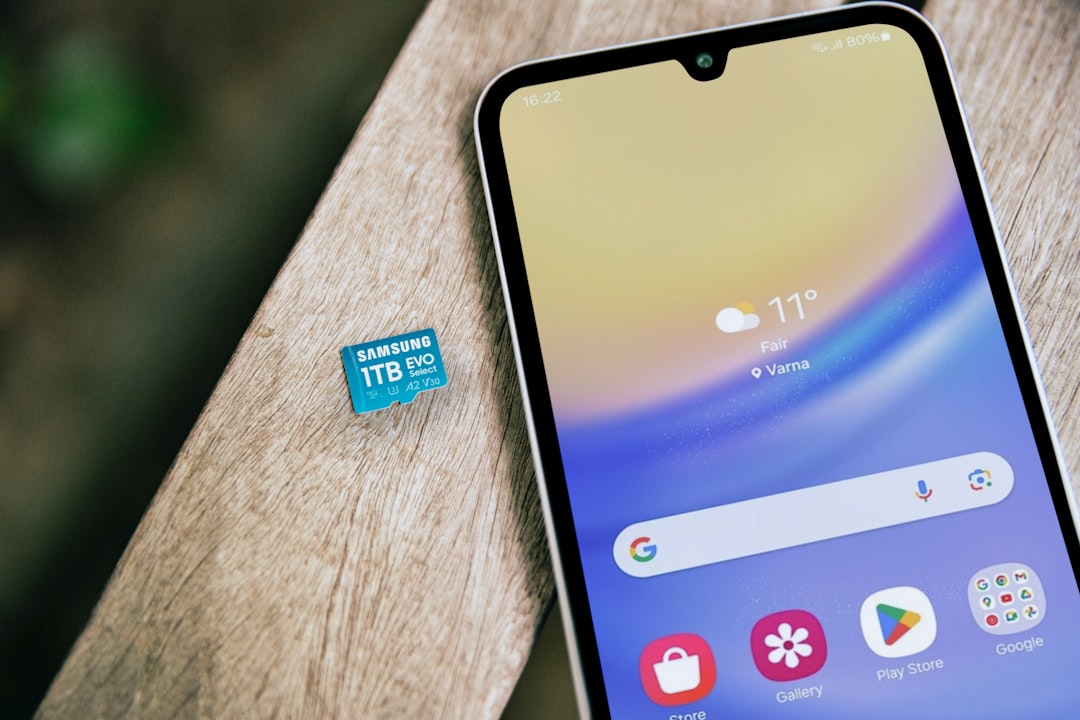The Bridgewater Fair, a vibrant annual event in Connecticut, faces challenges from spam call law firms intruding on attendees' experiences. With SMS marketing becoming prevalent for event promotion, organizers must navigate the fine line between communication and spam to avoid frustration and maintain the fair's positive reputation. Adhering to Connecticut's strict Spam Call Law, which includes clear opt-out mechanisms and personalized content, is crucial for both law firms and event organizers to protect attendees' preferences while promoting successful engagement.
“Bridgewater Fair, a beloved annual event in Connecticut, has seen a surge in promotional texts, raising concerns about spam. This article explores the impact of event update texts on attendees and how it differs from genuine communication. We delve into Connecticut’s efforts to combat excessive spam calls and offer valuable insights for law firms to avoid being mislabeled as such. With a focus on best practices, this guide ensures your firm stays visible while maintaining professional standards in the digital age.”
Understanding the Bridgewater Fair and its Impact

The Bridgewater Fair, an annual event in Connecticut, is a vibrant celebration that attracts locals and visitors alike. It’s a showcase of the community’s spirit, featuring local artisans, food vendors, and live entertainment. The fair has become a significant cultural landmark, fostering connections between residents and promoting small businesses within the state.
This popular gathering, however, also raises concerns about unsolicited communication, particularly from law firms known for their spam calls. With the event’s growing popularity, organizers face the challenge of maintaining a positive experience while protecting attendees from unwanted marketing tactics. Implementing measures to address this issue is crucial, especially in light of the Connecticut Spam Call Law, ensuring that the Bridgewater Fair remains a welcoming and enjoyable event for all.
The Rise of Event Update Texts: A Double-Edged Sword

The proliferation of digital communication has led to a significant shift in how event organizers connect with their audiences. Event update texts, or SMS marketing, have emerged as a powerful tool for keeping attendees informed about upcoming events like Bridgewater Fair. However, this rise also presents a challenge—it blurs the line between engaging communication and intrusive spam. With the implementation of the Spam Call Law in Connecticut, event planners must tread carefully to avoid misstepping into the realm of unwanted messaging.
This double-edged sword requires a delicate balance. On one hand, SMS updates offer real-time, direct access to attendees’ phones, enabling organizers to share crucial event changes, delays, or cancellations. It’s a game-changer for keeping folks informed, especially in today’s fast-paced world where plans can shift swiftly. But, if not executed thoughtfully, it can quickly devolve into a relentless barrage of texts, akin to spam calls law firms might receive, leaving recipients feeling bombarded and frustrated.
Connecticut's Approach to Stopping Spam Calls

Connecticut has taken significant steps to combat the issue of spam calls, particularly from law firms, with a series of initiatives aimed at protecting residents from unwanted and misleading communication. The state’s approach involves a combination of stringent regulations and public awareness campaigns. One key measure is the implementation of the Connecticut Spam Call Law, which imposes strict penalties on businesses that make or facilitate unsolicited telemarketing calls. This law empowers authorities to take action against spam call law firms by issuing fines and orders to cease and desist.
Additionally, Connecticut offers residents various tools to register for “Do Not Call” lists and block unwanted calls. The state’s Public Utility Regulatory Authority (PURA) oversees these programs, ensuring that citizens have a say in who can contact them. These measures, coupled with ongoing education about recognizing and reporting spam calls, create a robust defense against the inundation of unsolicited legal advice through telephone communications.
Best Practices for Law Firms to Avoid Being Marked as Spam

To avoid being marked as spam, especially for Connecticut-based law firms targeting clients through event updates and marketing campaigns, adhering to best practices is paramount. Firstly, ensure all communication includes clear opt-out mechanisms; allow recipients to easily unsubscribe from future texts or emails. This simple step demonstrates respect for user preferences and prevents automatic flagging by email and SMS services as spam.
Secondly, personalize your messages. Generic content has a higher likelihood of being mistaken for unsolicited advertising, triggering spam filters. Incorporate the recipient’s name, reference relevant events like Bridgewater Fair, and tailor the information to their potential legal needs. Quality over quantity; sending targeted, valuable content increases the likelihood of engagement and reduces the risk of unwanted markings as spam among Connecticut law firms.






